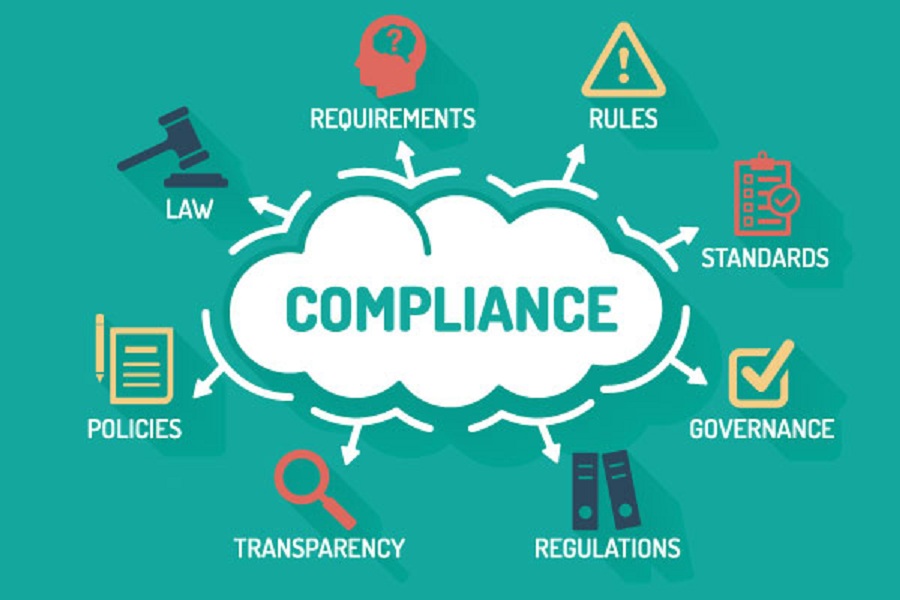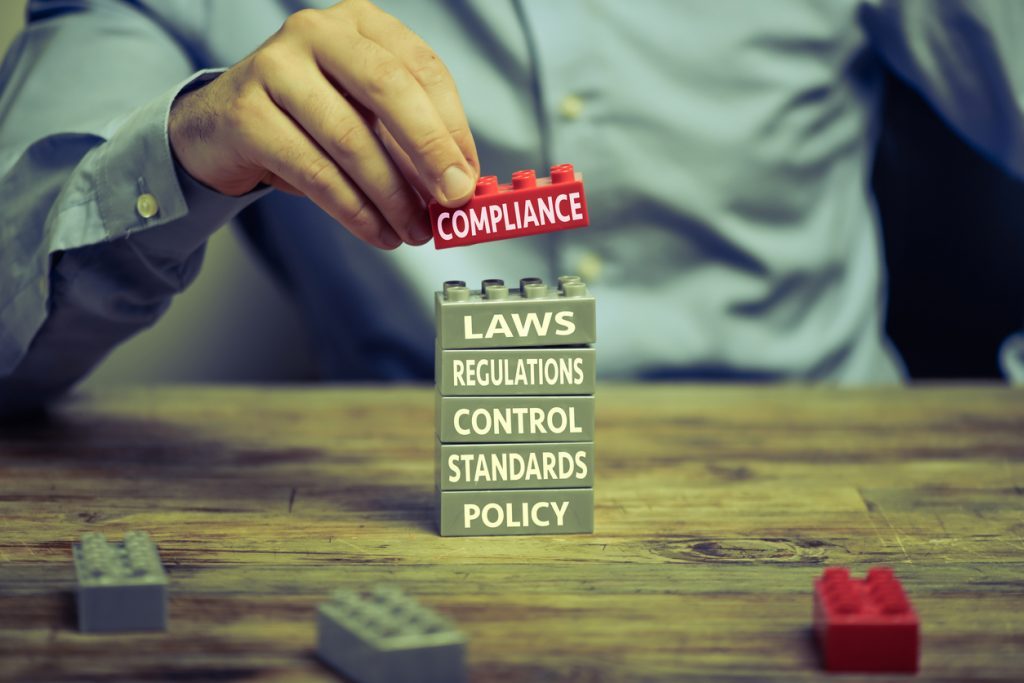Why brand compliance is important

Brand compliance is vital to protect and advance your business. Your corporate brand is perhaps one of the best assets that your business possesses. A brand is commonly identified in three different ways: by reputation, image, and/or identity. All three are very closely related, and each section of your brand is crucial in how your brand is seen by the public.
The reputation of a brand is built over time. With dealings of reputation, a decent approach to compliance is necessary. If a business’s reputation is damaged by failing to comply with regulations, its brand will suffer greatly. News travels much faster now than ever before, thanks to social media, and the internet in general; if your reputation is damaged, the public will quickly get wind of it. Compliance is at the heart of every business, it’s in the products a business offers, the services it provides, and every marketing decision it makes.

Marketing campaigns can influence a brand’s image. The brand’s image is more short-term than reputation, but compliance still plays an important role. The way that a brand’s products or services are promoted need to meet with any regulator’s guidelines. Ensuring that your brand follows guidelines is paramount to staying compliant. A close relationship between your marketing team and your compliance team can help with this.
Your brand’s identity is the centre of its success. Brand identity focuses on how your business regards itself, and how your employees see your business values, rather than how the public views it. Your brand identity is the responsibility of every employee and staff member. When compliance meets the culture of your business, you can easily see how the two entwine to make a positive, successful business. It’s about caring managers, who are proactive with their employees, and good work ethics.

The best way to achieve good brand compliance is by using well thought out processes, and good marketing techniques. Your brand’s marketers should stick to your business’s design rules, even if they believe their work to be professionally finished. Your guidelines are there for compliance reasons, and they shouldn’t be broken. This includes any legal disclaimers on your messages, and any logos or company specific colours that your business uses in their marketing materials.
In the case of missing legal disclaimers, this could open your brand up to legal disputes. Non-standard elements of marketing materials may not match up to the rest of the images or information that exists for your brand already, and could be seen as unprofessional, or even confuse potential clients.

Ensuring that your business’s brand stays compliant is perhaps the most important thing a business owner can do, no matter how large or small your company is. There are many ways to check that your business has remained compliant with any legislation or business contracts that you hold. One of those ways is to request the services of an auditor, who can check out any compliance issues in your business, and help you form good compliance strategies.






